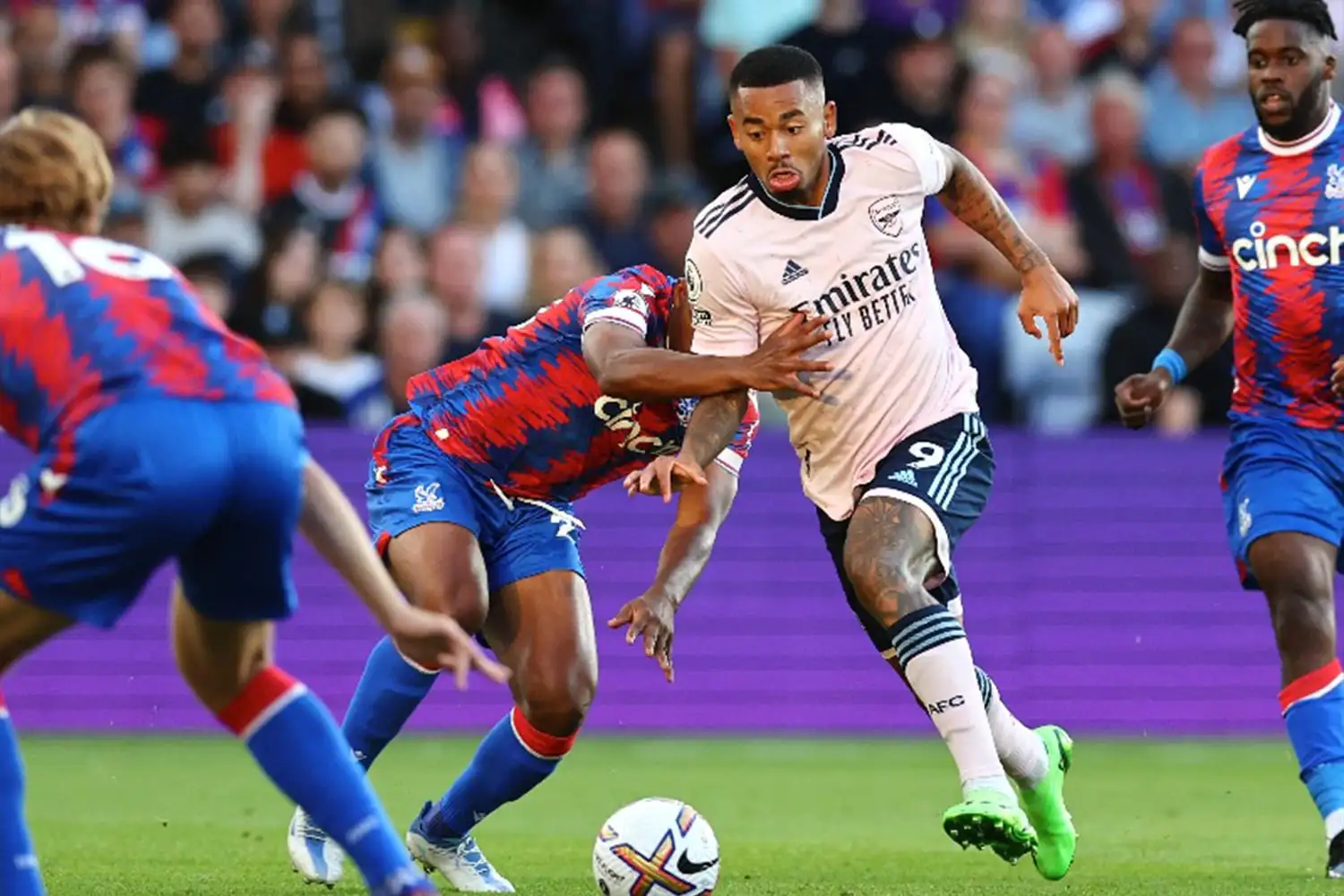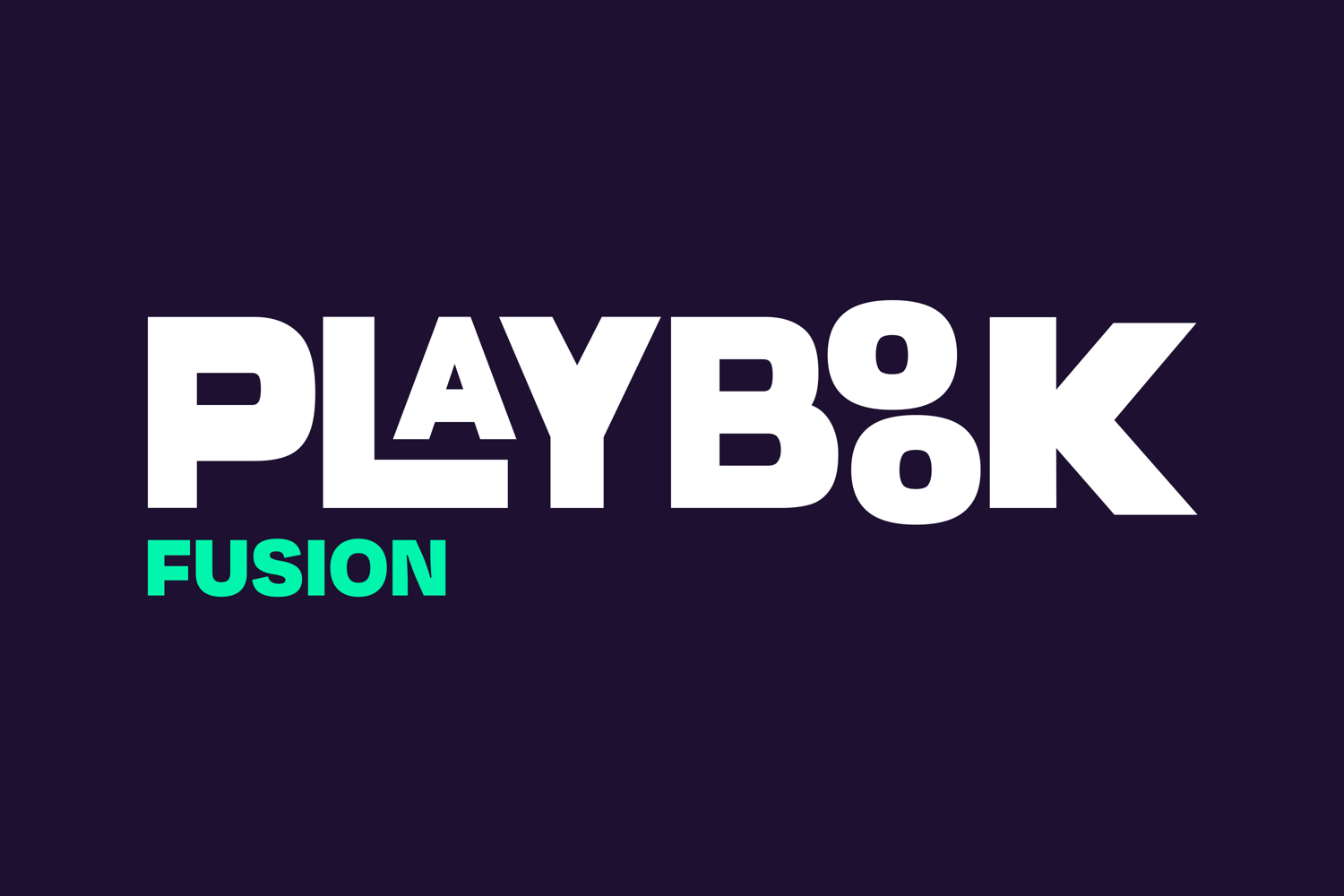Premier League clubs are bracing for a substantial drop in shirt sponsorship income as a voluntary ban on front-of-shirt gambling partnerships begins from the 2026/27 season. Industry experts warn that clubs could lose as much as 60% of their existing sponsorship revenue due to this move, raising concerns about the financial stability of top-flight teams.
Gambling Brands Fuel Premier League Sponsorship Market
According to The Sponsor’s Fair Market Sponsorship Values report, 11 of the current 20 Premier League clubs have gambling companies as their main shirt sponsors. Sean Connell, the publication’s editor, highlighted the challenge clubs face in replacing those lucrative deals. “One commercial director told me their highest offer from a non-gambling brand was less than half of what a gambling sponsor had put on the table. That shows you the scale of the problem,” Connell said. “The harsh reality is that gambling brands are currently propping up the Premier League sponsorship market. When those brands exit, the entire structure becomes vulnerable, as clubs struggle to find sponsors willing to match those fees.”
Liverpool Holds Top Spot, But Others Feel the Pinch
The report identifies Liverpool as the league’s most valuable sponsorship asset. Meanwhile, Newcastle United and Nottingham Forest qualifying for European competitions has improved their sponsorship values. In contrast, West Ham United’s struggles on the pitch have negatively affected its commercial appeal.
Connell further pointed out that several existing sponsorship deals are overvalued compared to the market standard, especially for high-profile clubs like Manchester City (Etihad), Manchester United (Snapdragon), Arsenal (Emirates), and Bournemouth (BJ88).
Clubs Seek Alternatives as Gambling Money Disappears
As the gambling sponsorship ban looms, clubs will pivot toward alternative industries to fill the void. Crypto, tech, and trading firms are the likely new suitors, with crypto spending in sports up 20% over the past year to £400 million, according to City AM.
Despite these opportunities, experts warn that clubs might struggle to secure deals matching the previous levels offered by gambling brands. The Premier League’s voluntary ban follows increased concerns over the sport’s ties to betting, as highlighted in the UK government’s Gambling White Paper. However, critics argue that the ban’s impact may be limited, as relegated clubs could still be playing in a league sponsored by gambling firms.
The challenge for clubs lies in navigating a less lucrative sponsorship landscape, raising questions about the financial health of several Premier League sides long-term. As the 2026/27 season approaches, clubs will need to innovate and diversify their commercial strategies to withstand the gambling sponsorship ban’s impact.

 Companies
Companies 





